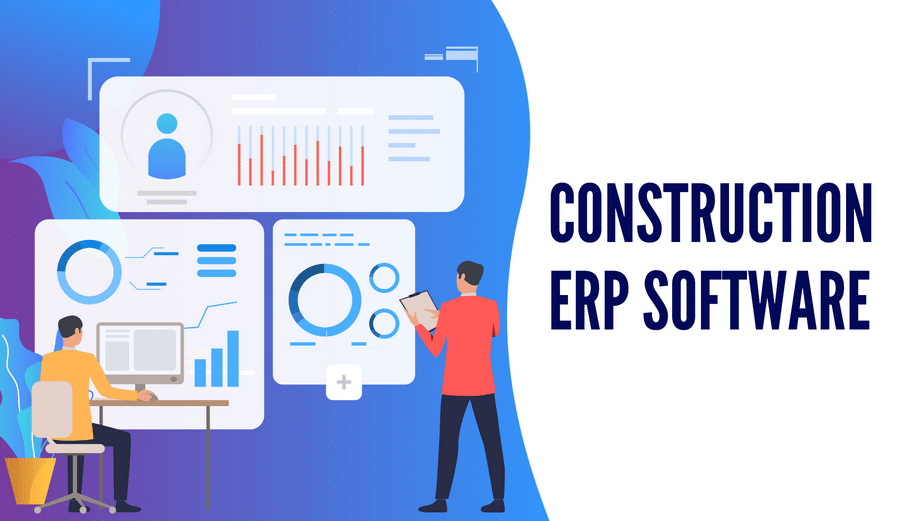Business Intelligence Platform: In today’s fast-paced business landscape, organizations are inundated with vast amounts of data from various sources. However, collecting data is only the first step.
The real challenge lies in extracting actionable insights to drive strategic decisions and gain a competitive edge. This is where a robust Business Intelligence (BI) platform comes into play.
Understanding the Importance of Business Intelligence
Business Intelligence encompasses the strategies and technologies used by enterprises for data analysis of business information. It helps companies interpret large volumes of data, identify trends, and make informed decisions. In essence, BI transforms raw data into actionable insights, enabling organizations to optimize processes, enhance productivity, and achieve business goals more effectively.
Features and Components of a Business Intelligence Platform
Data Integration
Data integration is the process of combining data from different sources to provide a unified view. A BI platform should seamlessly integrate with various data sources, including databases, spreadsheets, and cloud applications, to ensure comprehensive data analysis.
Data Warehousing
Data warehousing involves storing and managing large volumes of structured and unstructured data. A BI platform utilizes data warehouses to store historical and current data, facilitating easy access and analysis for decision-makers.
Data Visualization
Data visualization plays a crucial role in BI by transforming complex data sets into visually appealing charts, graphs, and dashboards. This enables stakeholders to grasp insights quickly and make data-driven decisions with ease.
Analytics Tools
BI platforms offer a range of analytics tools, including descriptive, diagnostic, predictive, and prescriptive analytics, to analyze past performance, identify trends, and forecast future outcomes.
Benefits of Implementing a Business Intelligence Platform
Improved Decision Making: BI platforms provide timely and accurate insights, enabling organizations to make informed decisions quickly.
Enhanced Efficiency: By automating data analysis processes, BI platforms streamline operations and improve efficiency across departments.
Competitive Advantage: Organizations that leverage BI gain a competitive edge by identifying market trends, understanding customer behavior, and optimizing business processes.
How to Choose the Right Business Intelligence Platform
When selecting a BI platform, organizations should consider several factors:
Scalability: Ensure the platform can handle increasing data volumes and user demands as your business grows.
User-Friendliness: Choose a platform with an intuitive interface and user-friendly features to encourage adoption across the organization.
Integration Capabilities: Look for BI platforms that seamlessly integrate with existing systems and data sources to maximize efficiency.
Customization Options: Opt for a platform that offers customization options to tailor reports and dashboards to specific business needs.
Real-life Applications of Business Intelligence Platforms
BI platforms find applications across various industries, including retail, healthcare, finance, and manufacturing. For instance, retailers use BI to analyze sales data, optimize inventory levels, and forecast demand. In healthcare, BI helps providers improve patient outcomes, reduce costs, and enhance operational efficiency.
Challenges and Solutions in Implementing Business Intelligence Platforms
Despite their numerous benefits, implementing BI platforms can pose challenges such as data integration complexities, inadequate user training, and resistance to change. However, organizations can overcome these challenges through proper planning, stakeholder buy-in, and ongoing support and training initiatives.
Future Trends in Business Intelligence
The future of BI is marked by advancements in artificial intelligence, machine learning, and predictive analytics. Organizations are increasingly adopting AI-driven BI solutions to gain deeper insights, automate decision-making processes, and stay ahead of the competition.
Conclusion
In conclusion, a Business Intelligence platform is a powerful tool that empowers organizations to harness the full potential of their data. By providing actionable insights, facilitating informed decision-making, and driving business growth, BI platforms are indispensable in today’s data-driven world.
FAQs
What is a Business Intelligence platform?
A Business Intelligence platform is a software solution that enables organizations to analyze data and gain actionable insights for informed decision-making.
How does Business Intelligence benefit organizations?
Business Intelligence helps organizations improve decision-making, enhance efficiency, and gain a competitive advantage by turning raw data into actionable insights.
What factors should organizations consider when choosing a BI platform?
Organizations should consider factors such as scalability, user-friendliness, integration capabilities, and customization options when selecting a BI platform.
What are some real-life applications of Business Intelligence?
BI finds applications across various industries, including retail, healthcare, finance, and manufacturing, for tasks such as sales analysis, inventory optimization, and predictive maintenance.
What are the future trends in Business Intelligence?
The future of BI is characterized by advancements in AI, machine learning, and predictive analytics, enabling organizations to gain deeper insights and automate decision-making processes.


